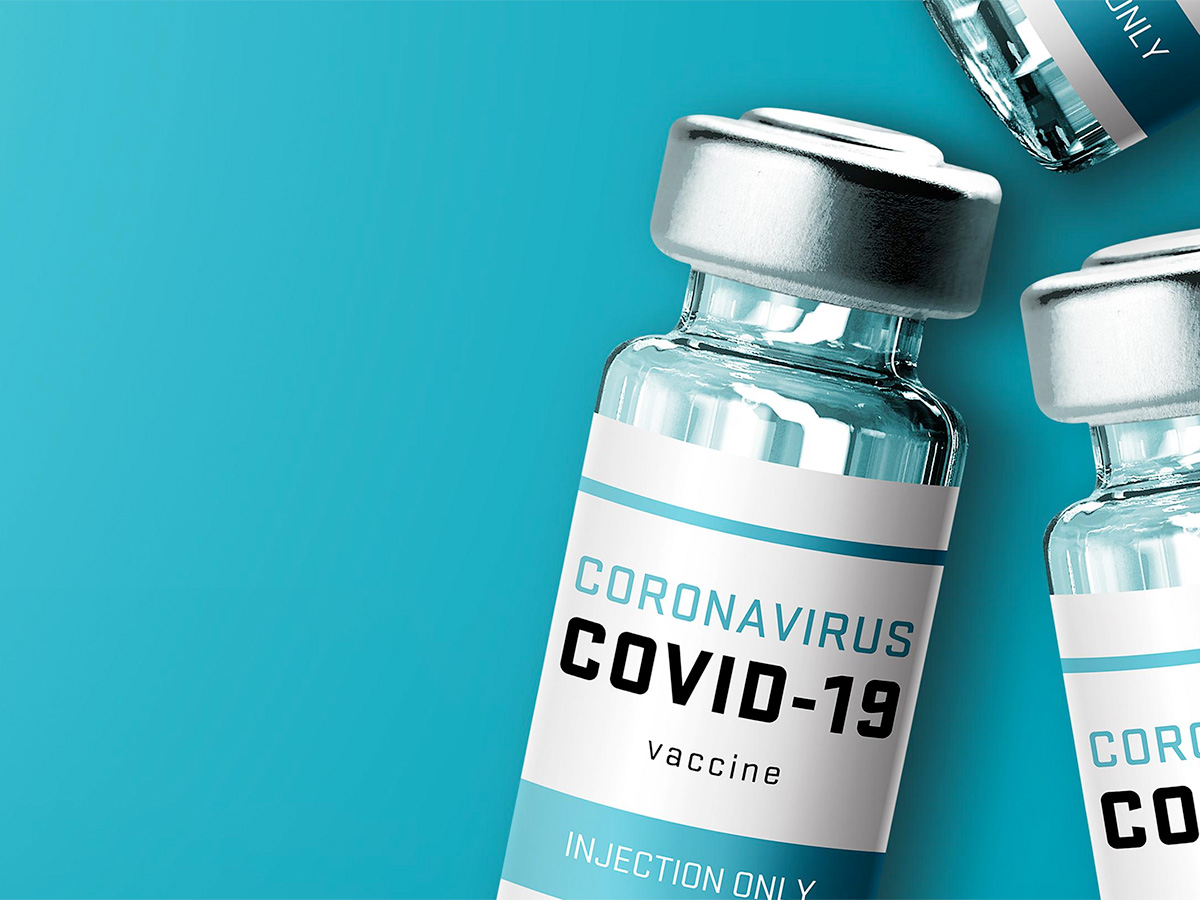
Updated OSHA COVID-19 Protocols

2021 Vermont Bar Association’s Mid-Year Meeting
After over a year of COVID-19 related lockdowns, remote work, and strict health and safety guidelines impacting the workplace, employers and HR professionals are left wondering how to bring their employees back to work safely. In December, we saw the vaccine rollout begin in the U.S. and abroad, which inevitably led to a flood of questions about the best practices regarding mandatory vaccine policies. In this post is a list of considerations for employers and HR professionals who are contemplating a mandatory COVID-19 vaccine policy for their workplace.
Can an employer mandate that its employees receive the COVID-19 vaccine once it is available?
- Generally, yes. Employers with a legitimate interest to do so may implement a policy mandating that employees receive a COVID-19 vaccine, but employers must reasonably accommodate any employee who has a disability, pregnancy/pregnancy-related condition, or a sincerely held religious belief against receiving the vaccine, absent a direct threat or undue hardship on its operations (as defined under applicable employment laws). Employers are encouraged to consult with experienced employment counsel if an employee refuses to receive a COVID-19 vaccine on the basis of disability, pregnancy/pregnancy-related condition, or a sincerely held religious belief.
- As an additional reference, on December 16, 2020, the U.S. Equal Employment Opportunity Commission updated its guidance on COVID-19 vaccinations in Section K of: What You Should Know About COVID 19 and the ADA, the Rehabilitation Act, and Other EEO Laws.
What should employers consider before mandating their employees receive the COVID-19 vaccine?
- An employer should evaluate and decide whether it will adopt a mandatory COVID-19 vaccine policy or strongly encourage employees to receive the vaccine. An employer should not mandate the vaccine for any group of employees until the vaccine is available to them.
- Employers should also determine if they will differentiate between employees who provide direct patient care, those in administration, and those who can or are working remotely.
- Many employers are choosing to first strongly encourage the vaccine. By requesting confirmation of receipt of the vaccine, an employer can assess employee vaccination rates, and make decisions about whether to adopt a mandatory policy based on voluntary vaccination rates.
- Asking for proof of COVID-19 vaccination: An employer can ask employees for proof of receipt of COVID-19 vaccination, whether it has a voluntary or mandatory policy. The employer should instruct employees that it is only seeking proof of vaccination and not any other medical information. If COVID-19 vaccination is voluntary, the employer should not ask an employee why they did not receive the vaccine. If an employer receives information about an employee’s vaccination status (whether vaccinated or unvaccinated), it must keep that information confidential as private employee medical information.
- If an employer decides to institute a mandatory COVID-19 vaccination policy, it should be prepared to enforce its policy consistently and respond to employees who object on ethical or other bases that are not legally protected.
- The employer should draft and adopt a written policy regarding any vaccine mandate, communicate it in advance, and allow time for compliance. We advise that any personnel policy regarding mandatory employee vaccinations be drafted or reviewed in advance by experienced employment counsel to ensure it properly addresses exemption requests consistent with applicable law.
- Employers should be aware that before mandating that unionized employees receive a COVID-19 vaccine, the employer should consult with experienced labor counsel about whether mandating the vaccine requires bargaining before implementation.
Can an employer mandate the vaccine, if FDA rules require that a recipient be advised they may refuse the vaccine?
- Based on current guidance, yes. Under FDA rules, the healthcare provider administering the vaccine is required to provide recipients with a vaccine fact sheet that includes a statement that the individual may refuse the vaccine. To date, the FDA has produced fact sheets for recipients of the COVID-19 vaccines produced by Pfizer, Moderna, and Johnson & Johnson. Based on current guidance, the fact that a vaccine recipient must be advised they may refuse the vaccine, does not prevent an employer from instituting a policy mandating that employees be vaccinated.
If an employer requires that its employees receive the COVID-19 vaccine, may it terminate, or otherwise discipline, an at-will employee who refuses to receive the COVID-19 vaccine?
- Generally, yes, though we advise that an employer consult with employment counsel prior to terminating or disciplining an employee who refuses the COVID-19 vaccine or denying a request for an exemption.
- Employers must continue to follow all applicable personnel policies regarding disciplinary action, collective bargaining agreements (if they exist), and/or employment agreements in connection with any adverse action taken for non-compliance.
- If an employee refuses to receive the vaccine due to a disability, pregnancy/pregnancy-related condition, or a sincerely held religious belief, the employer may not automatically terminate the employee. Under Vermont and/or federal law, employers must provide reasonable accommodations for disabilities, pregnancy-related conditions, and sincerely held religious beliefs, absent direct threat and/or undue hardship. For employees who are granted exemptions, alternate procedures will need to be developed that the employee must follow to mitigate risk of transmission, which could include, but not be limited to, COVID-19 testing, continued masking and/or exclusion from the workplace.




